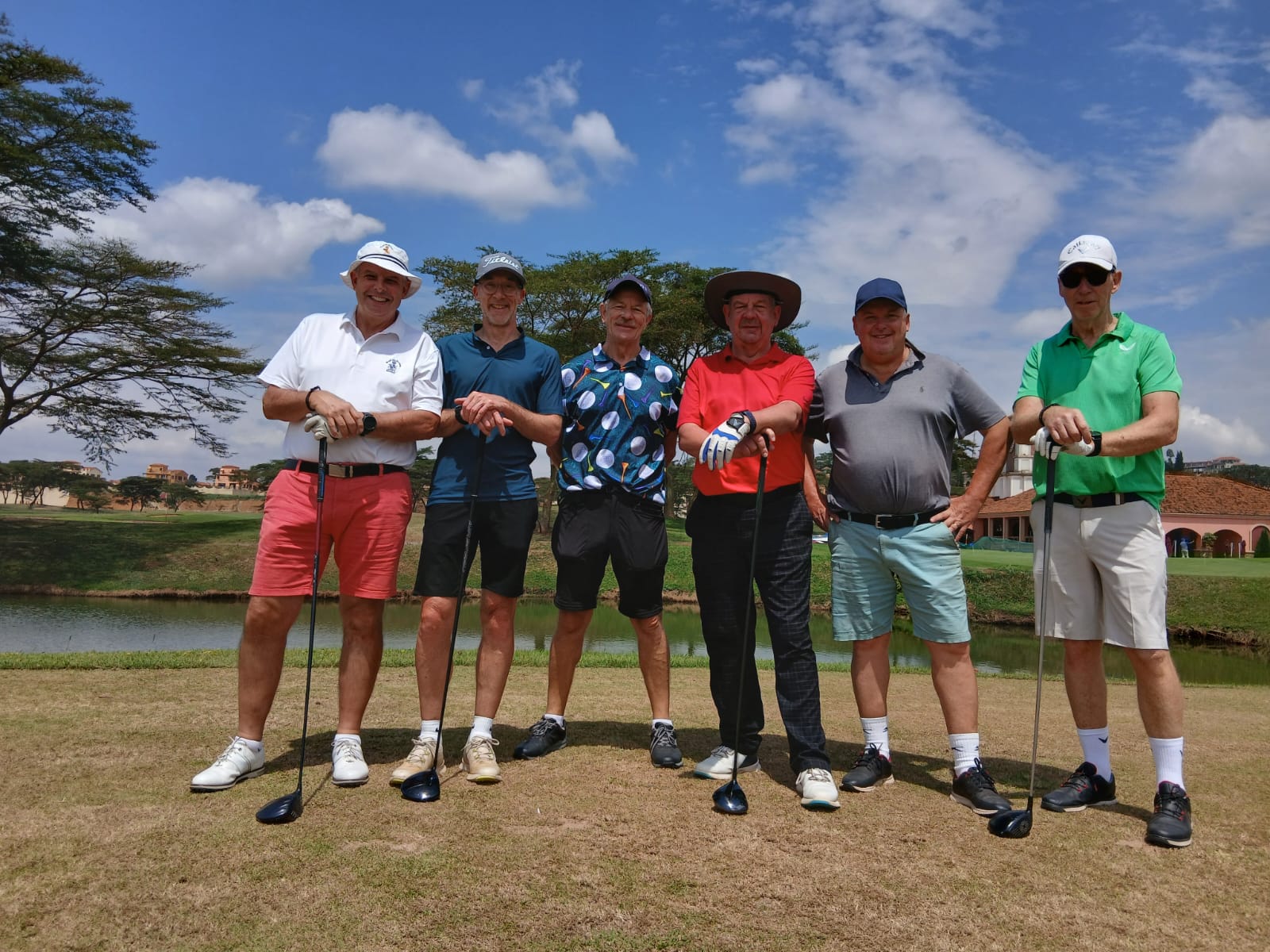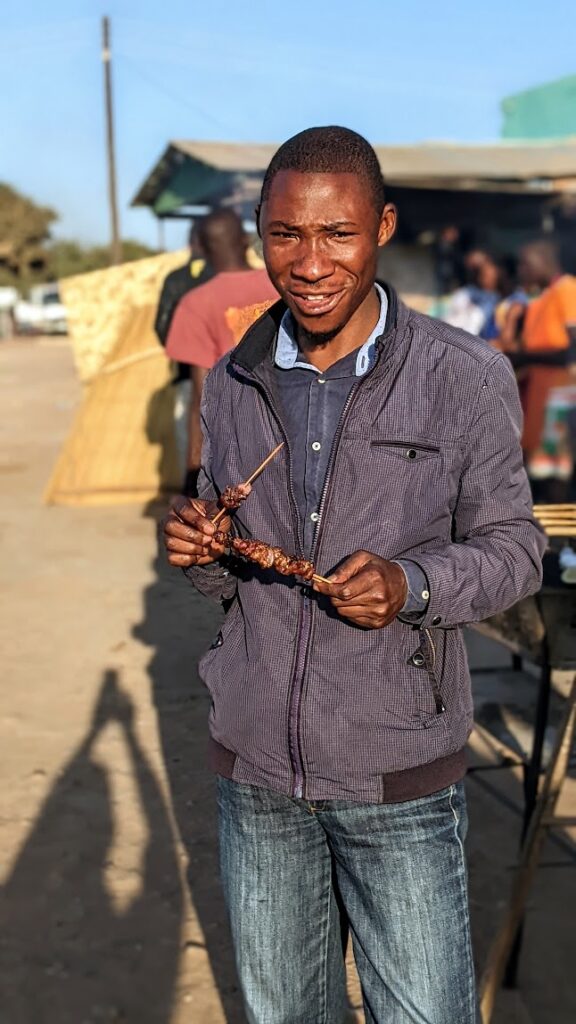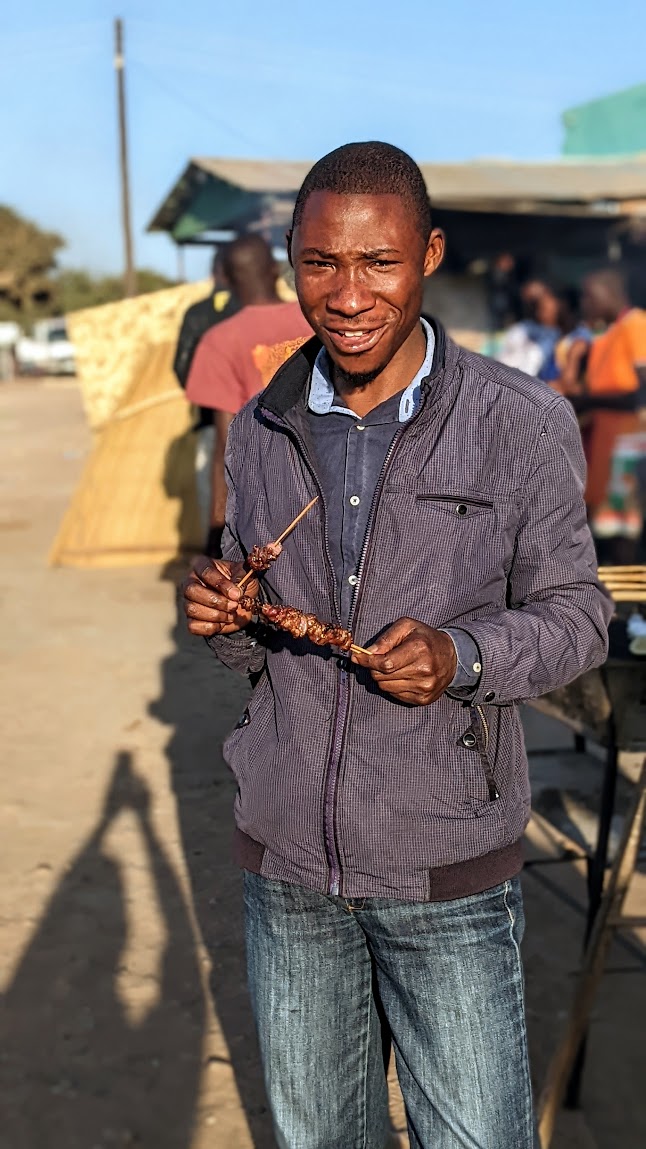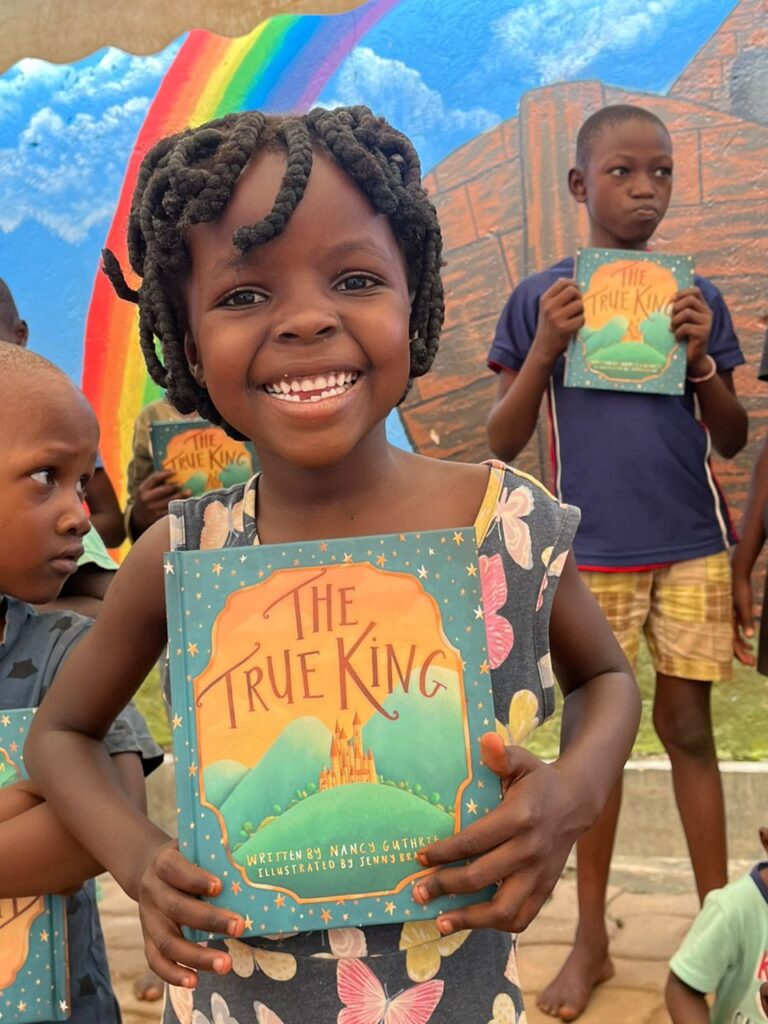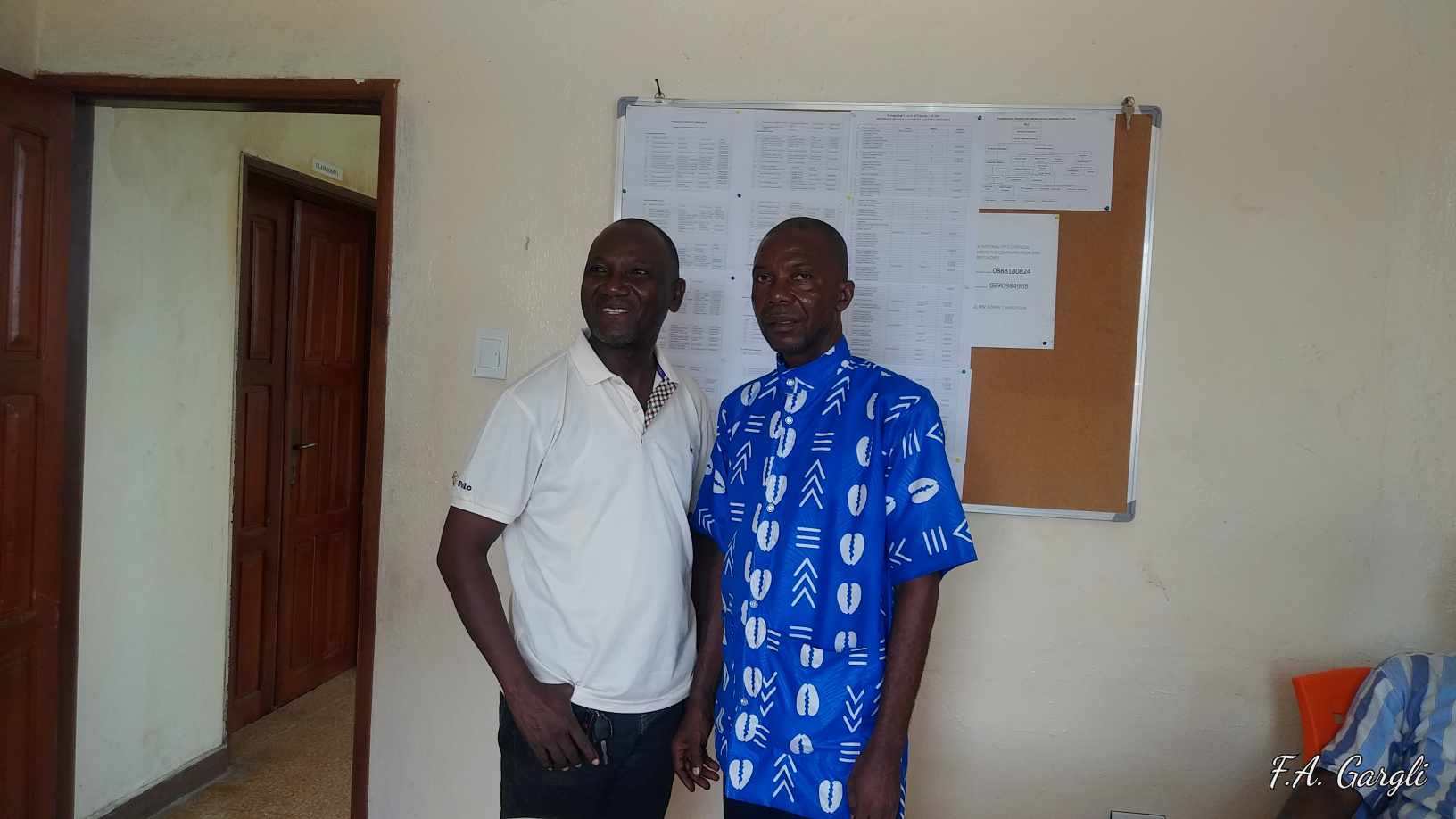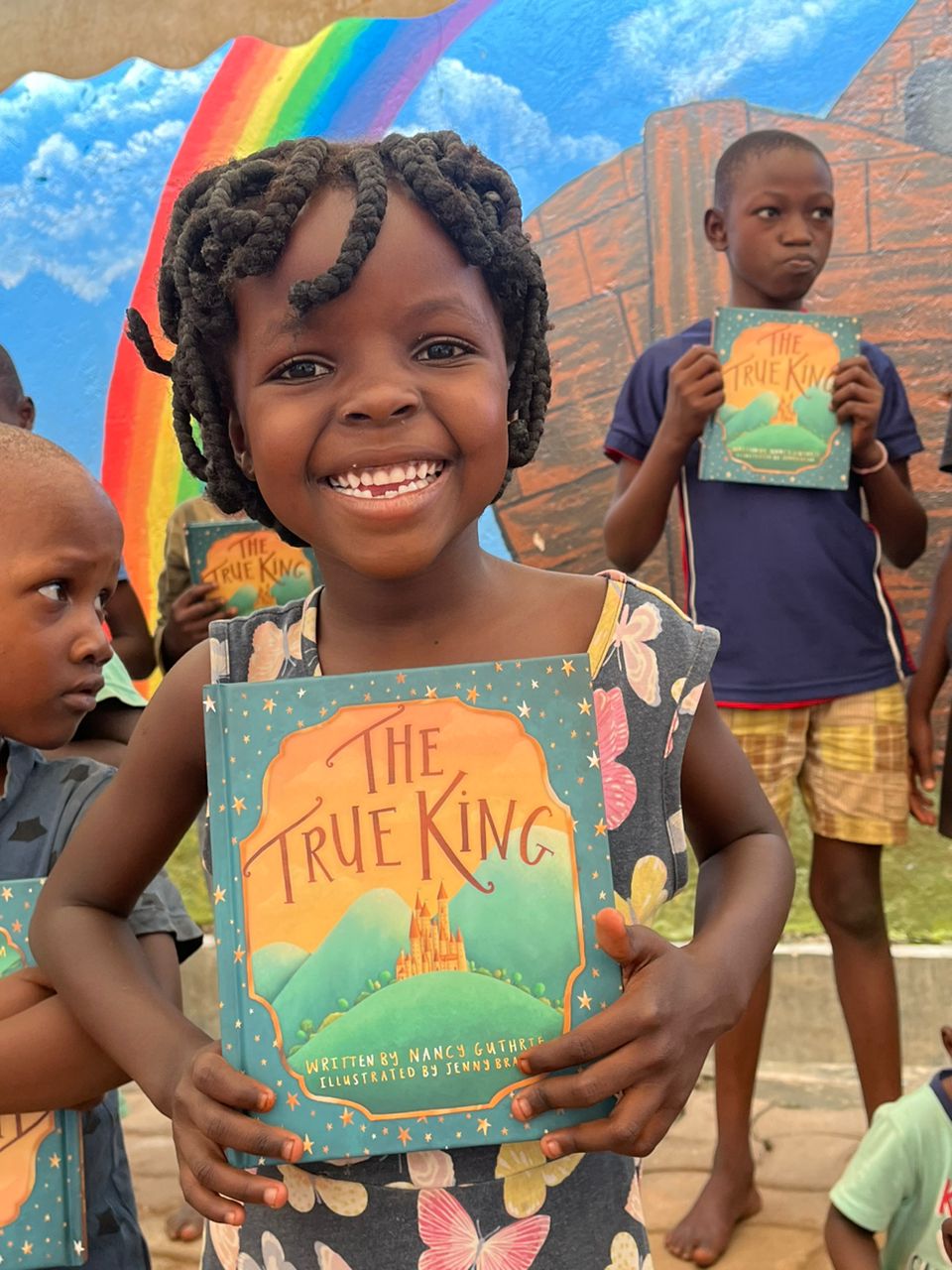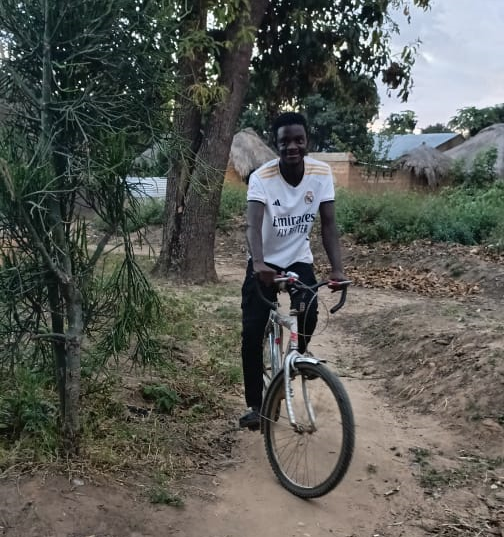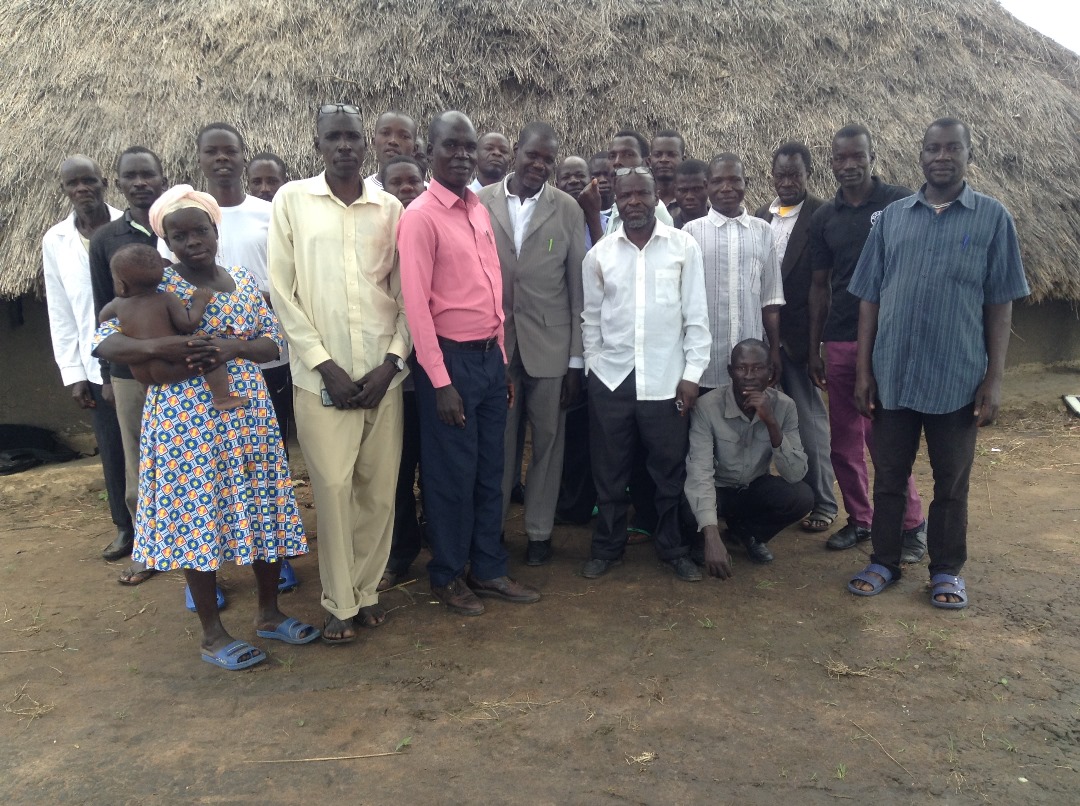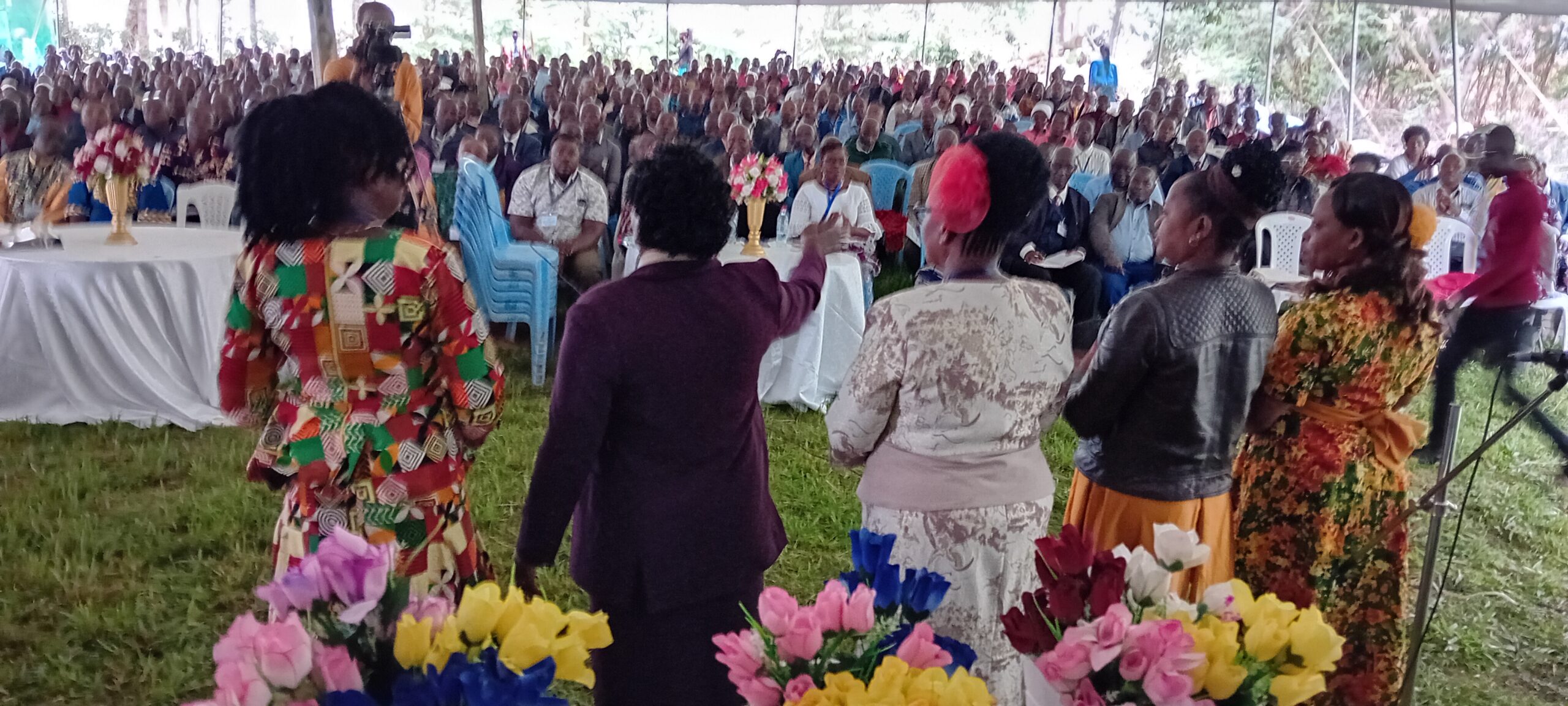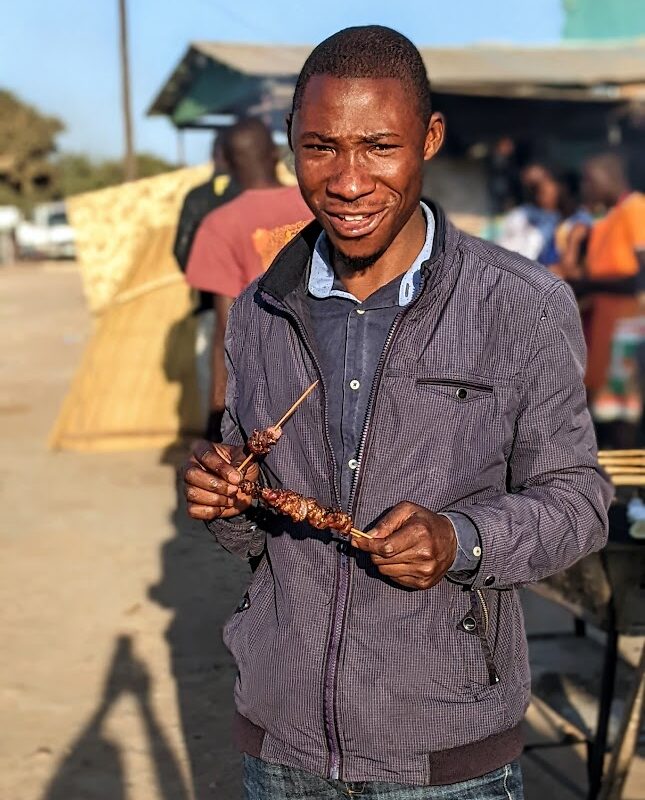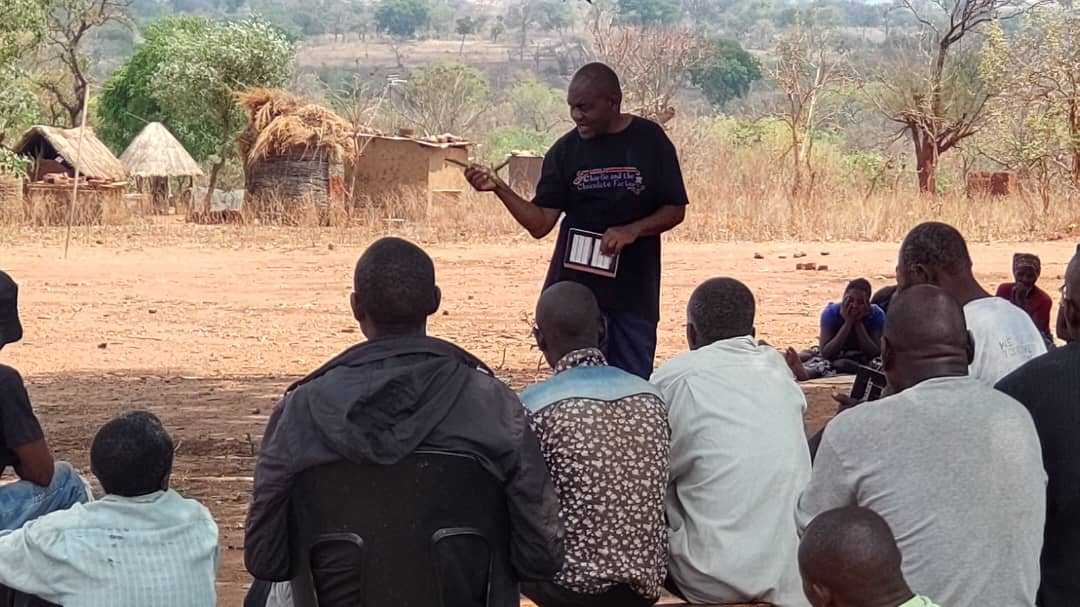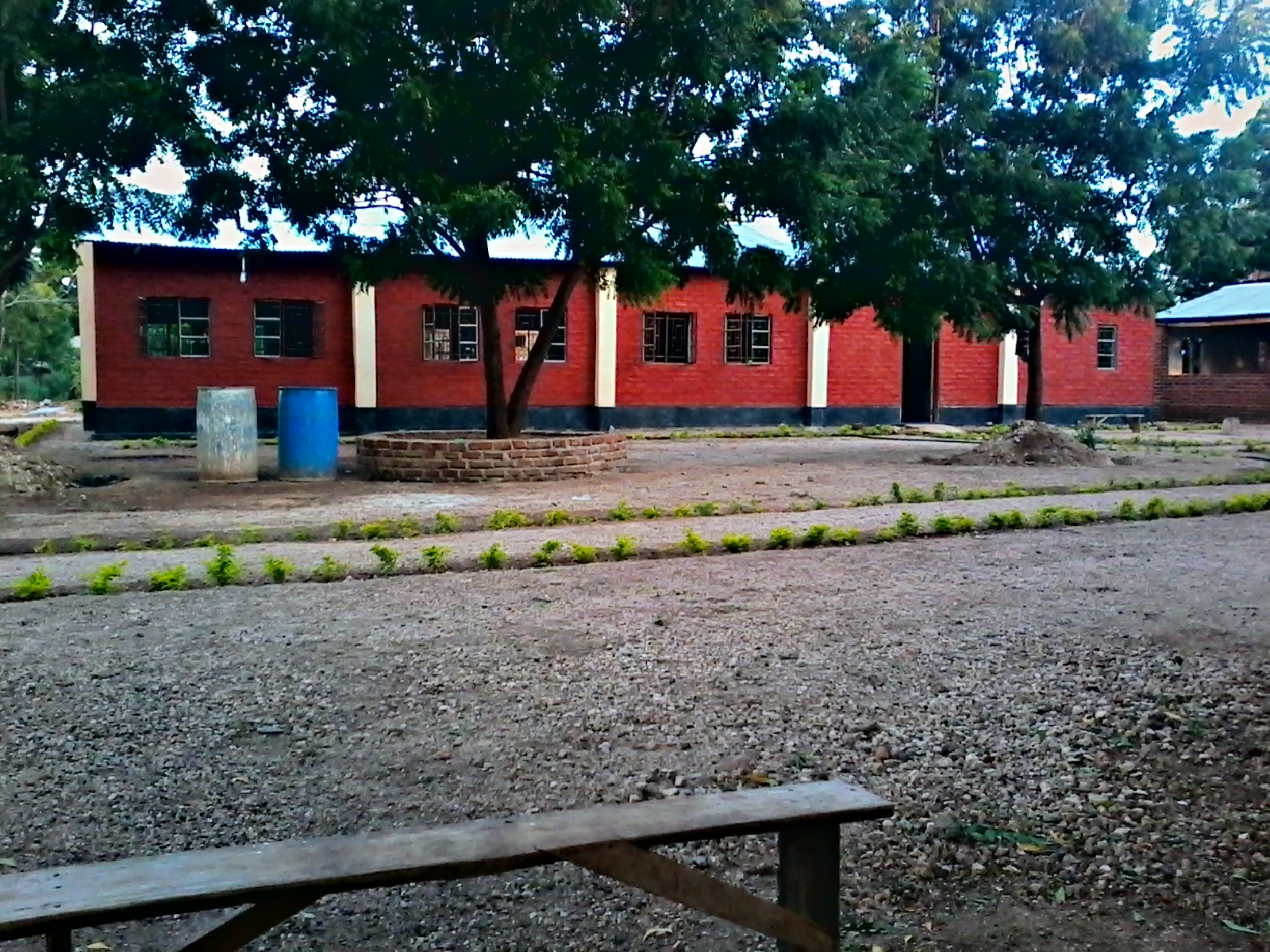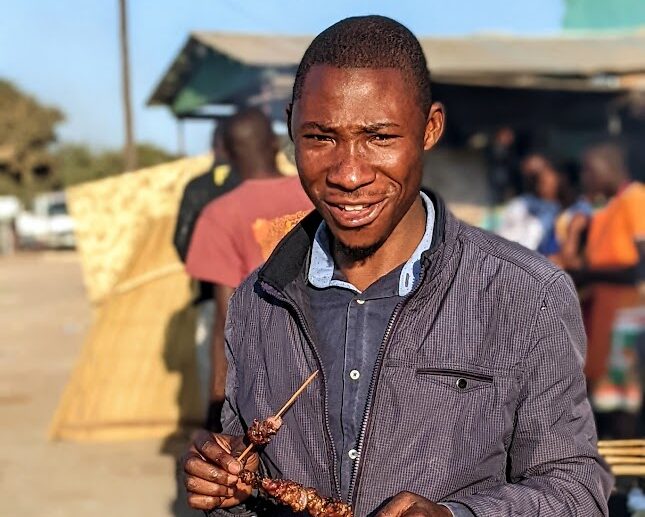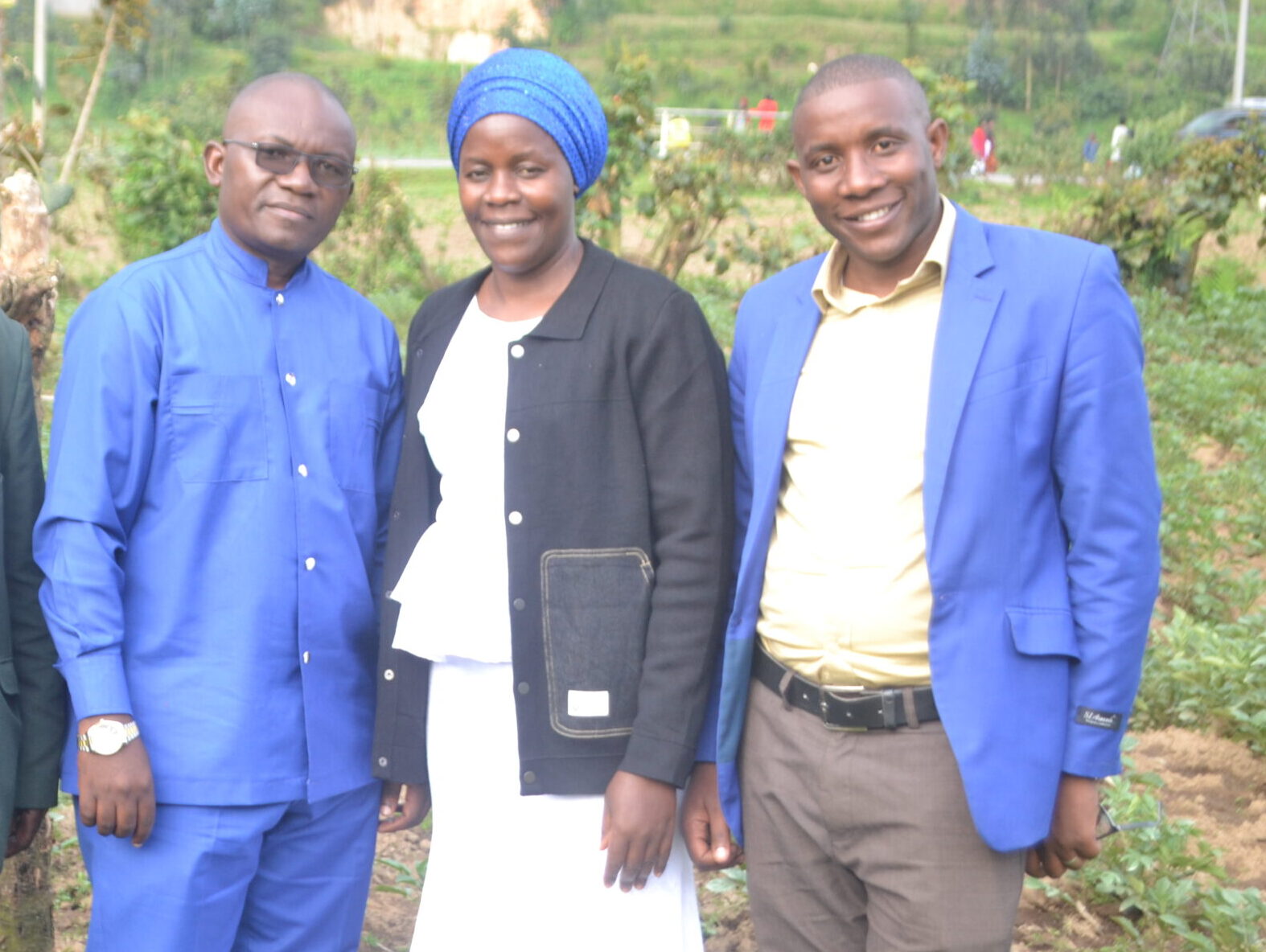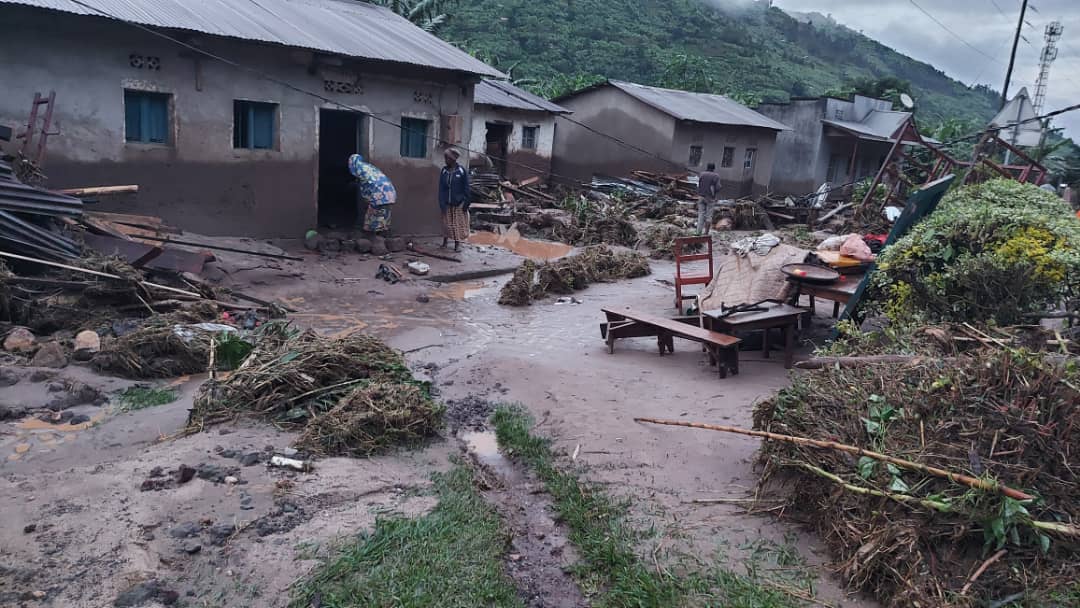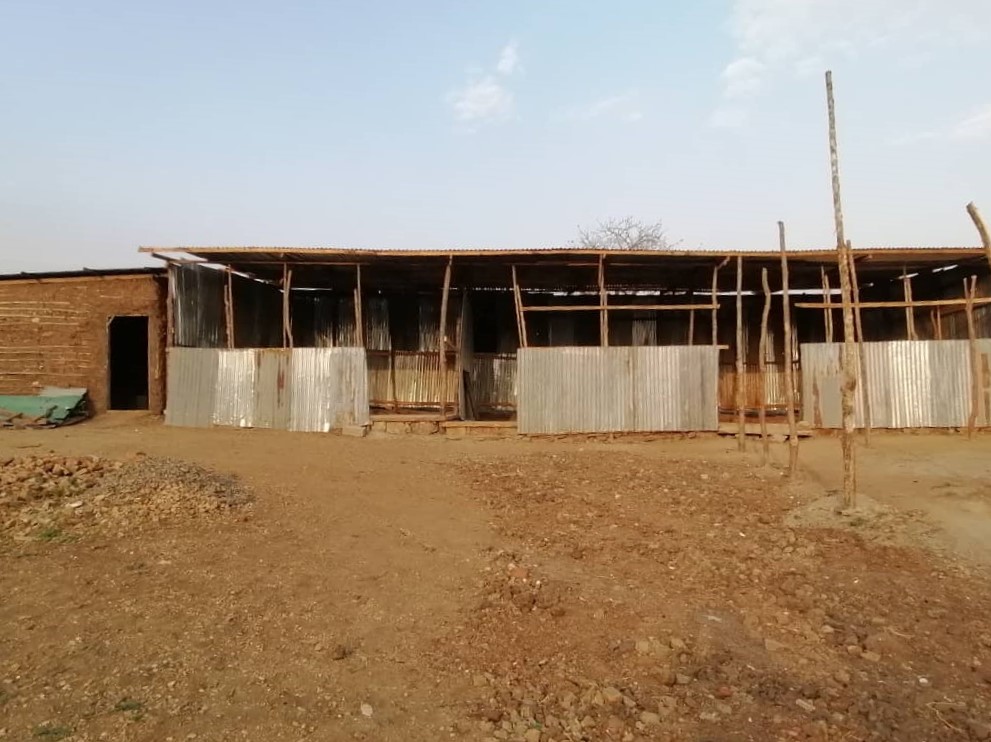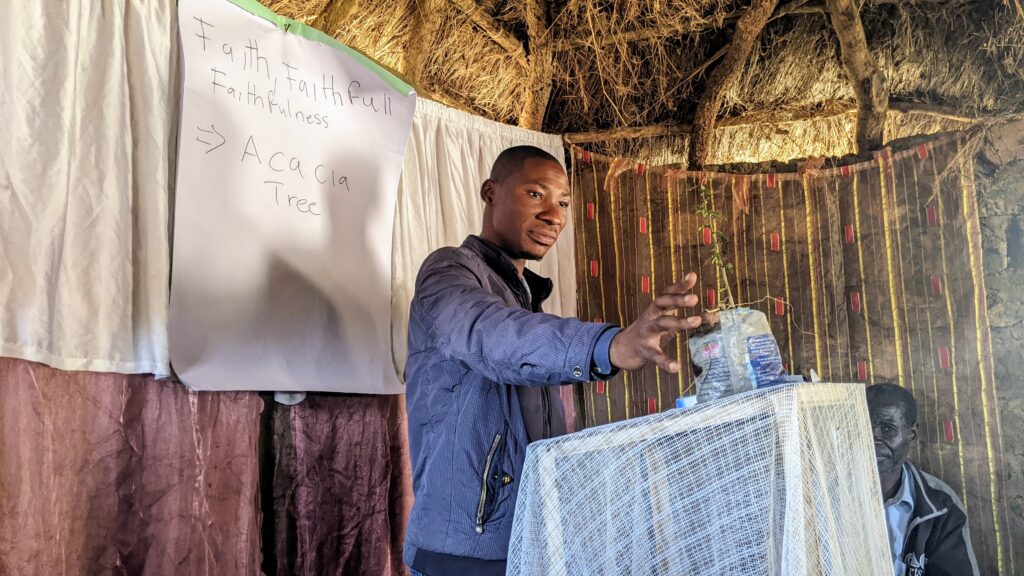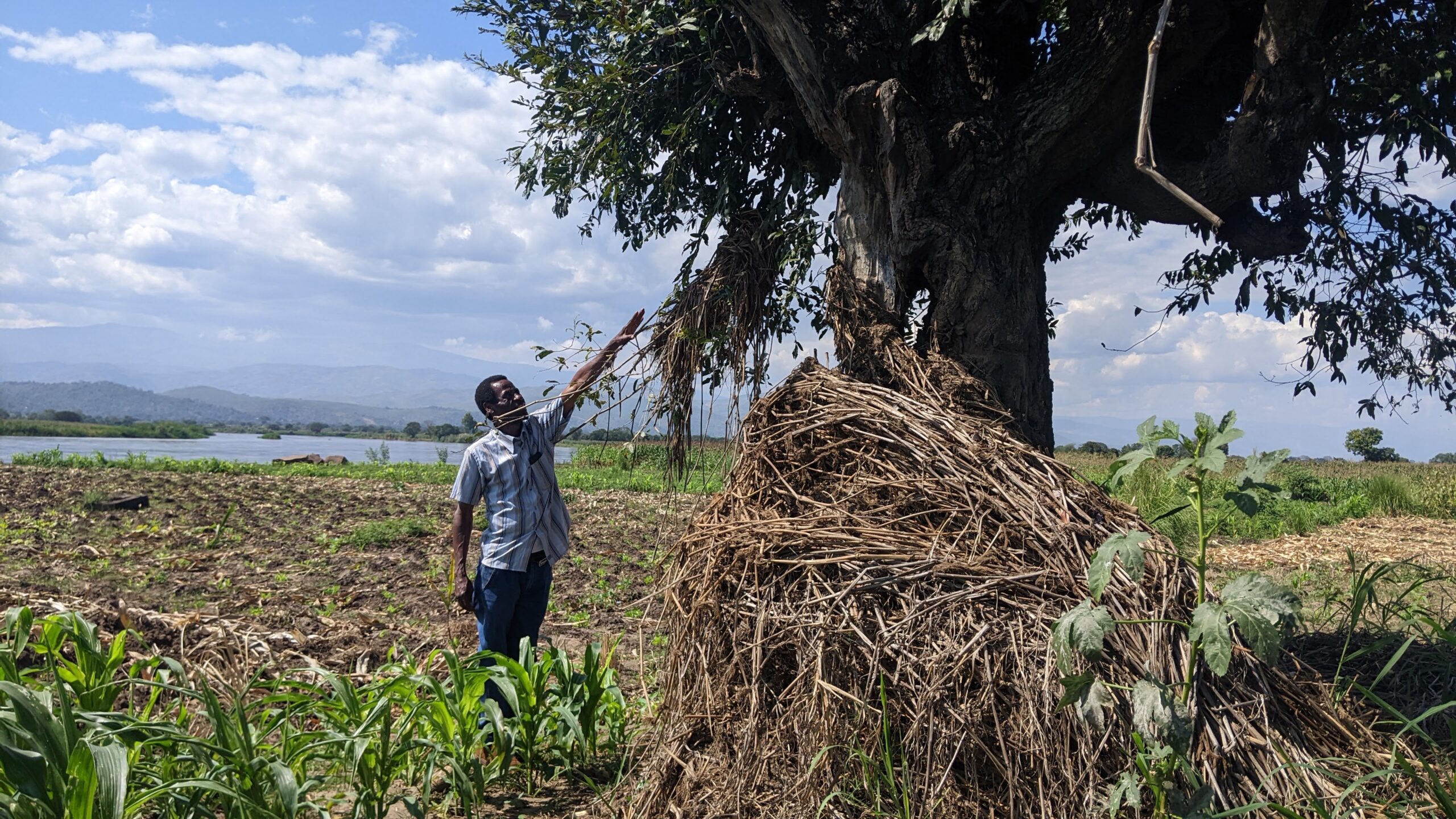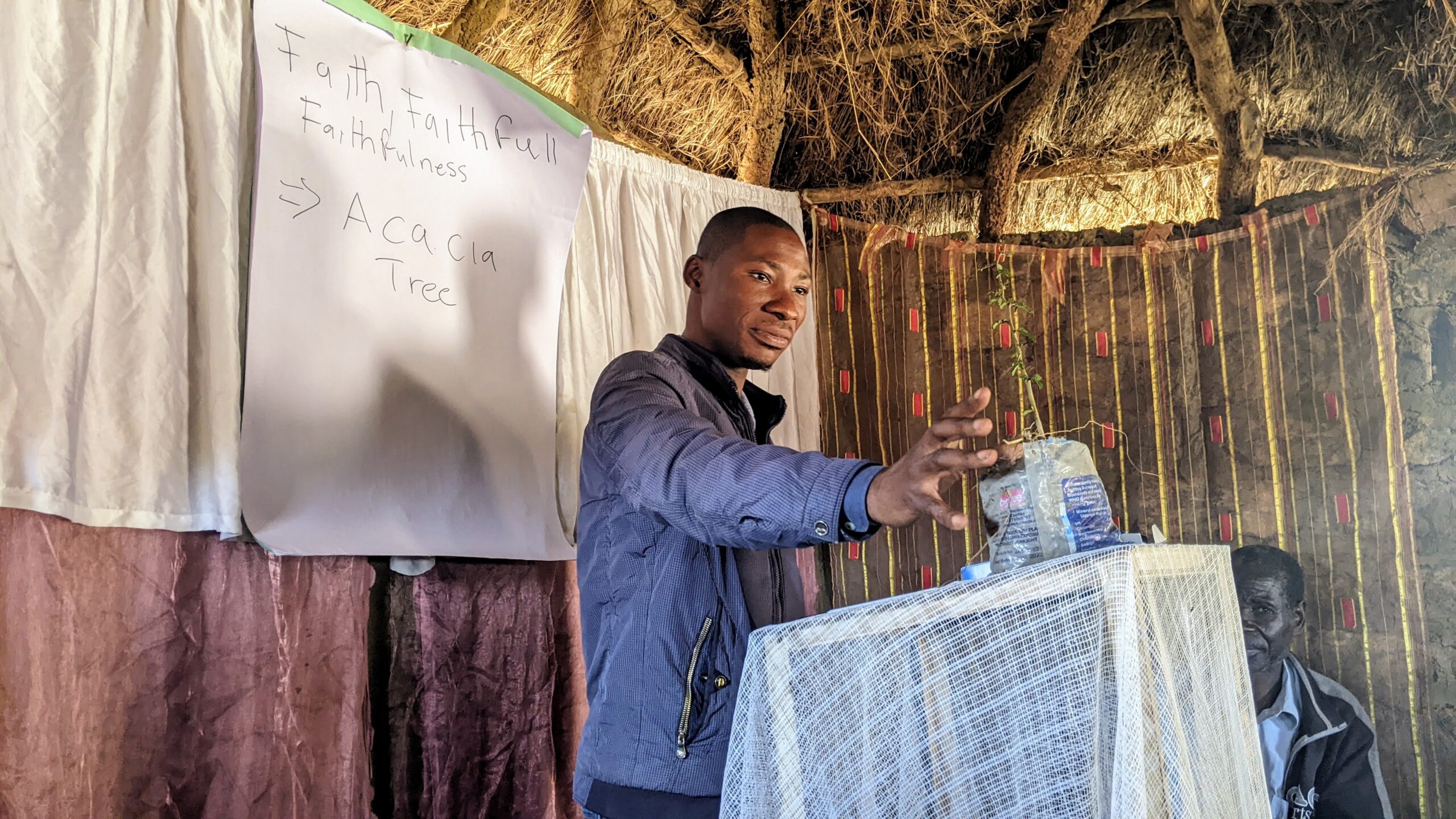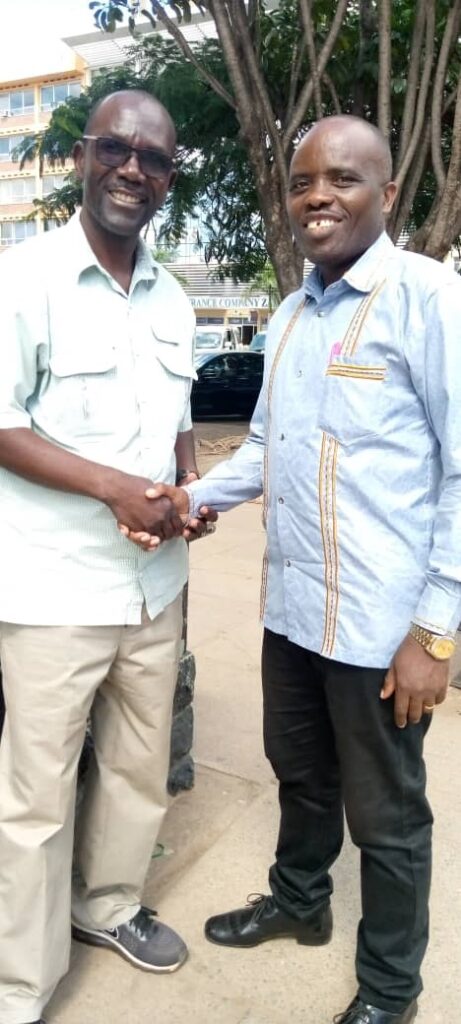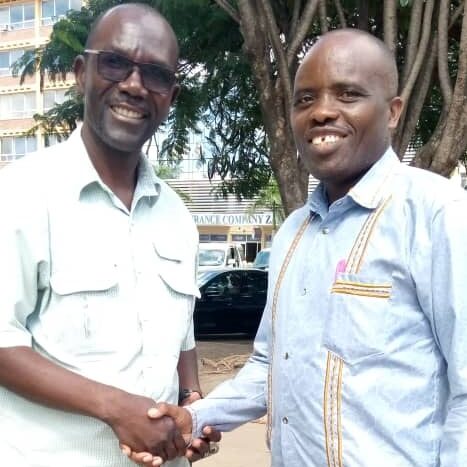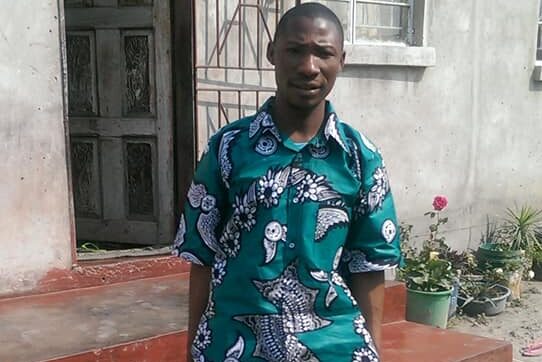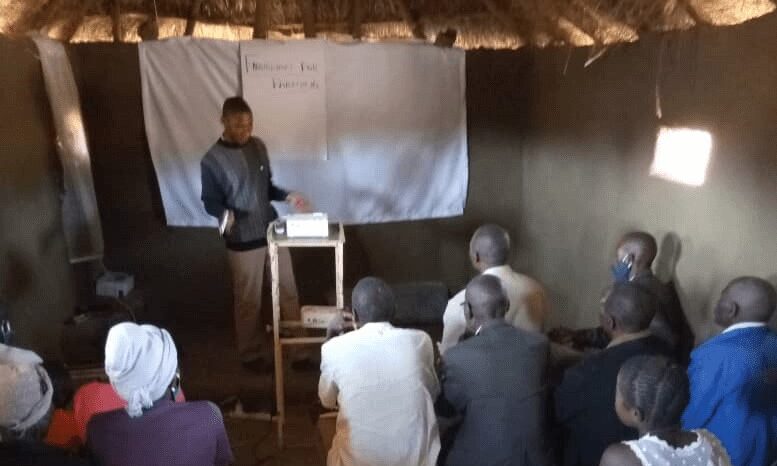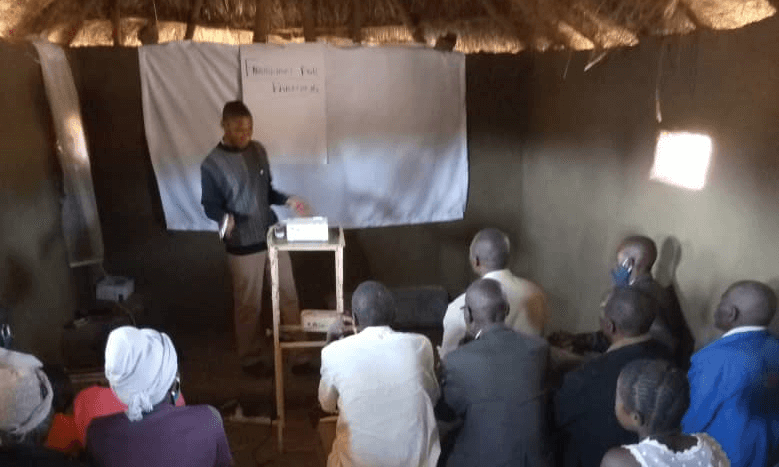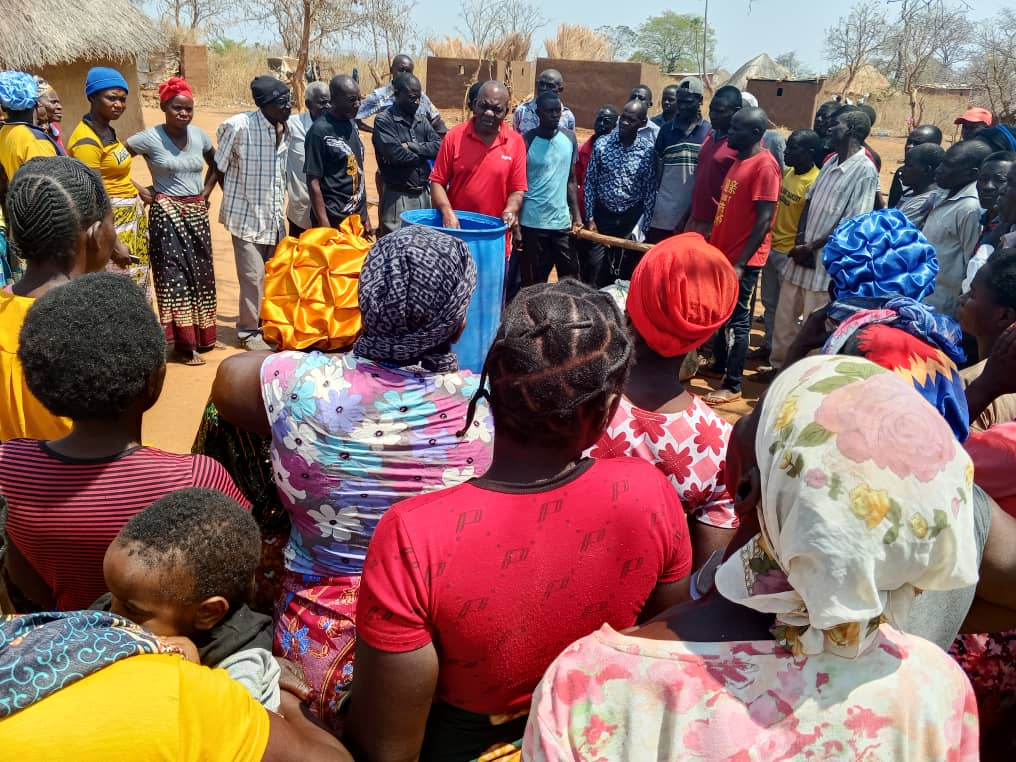
Read about some of the key highlights from recent months, offering a glimpse of how APF partners are training leaders, strengthening communities, and helping the church in Africa to flourish.
Formal Theological Training
APF is proud to support several key initiatives across East Africa. In Kenya, we’ve provided a grant for Revd Abraham Koech, an African Inland Church pastor, theology lecturer, and chaplain, to attend a national chaplains’ conference in Mombasa. Revd Koech recently served as a keynote speaker for over 1,000 women leaders from the AIC in Kenya.
In Rwanda, we’ve granted two clergy from the Diocese of Kigeme, Vianney Ntitanguranwa and Tharcisse Twizeyimana, funding to continue their Bachelor of Theology degrees at the East African Christian College. With Kigeme located near one of Rwanda’s largest refugee camps, their theological training will be especially valuable in supporting both local congregations and displaced communities. Additionally, APF has provided funds to St. Paul’s College in Kapsabet, Kenya, to enhance internet access and furnish its campus resource centre.
In Uganda, the Atirir Bible School has received funding for subsidised tuition fees and to enable Principal Revd Esomu Francis to provide basic pastoral training to rural pastors from the north-eastern sub-regions of Teso and Karamoja.
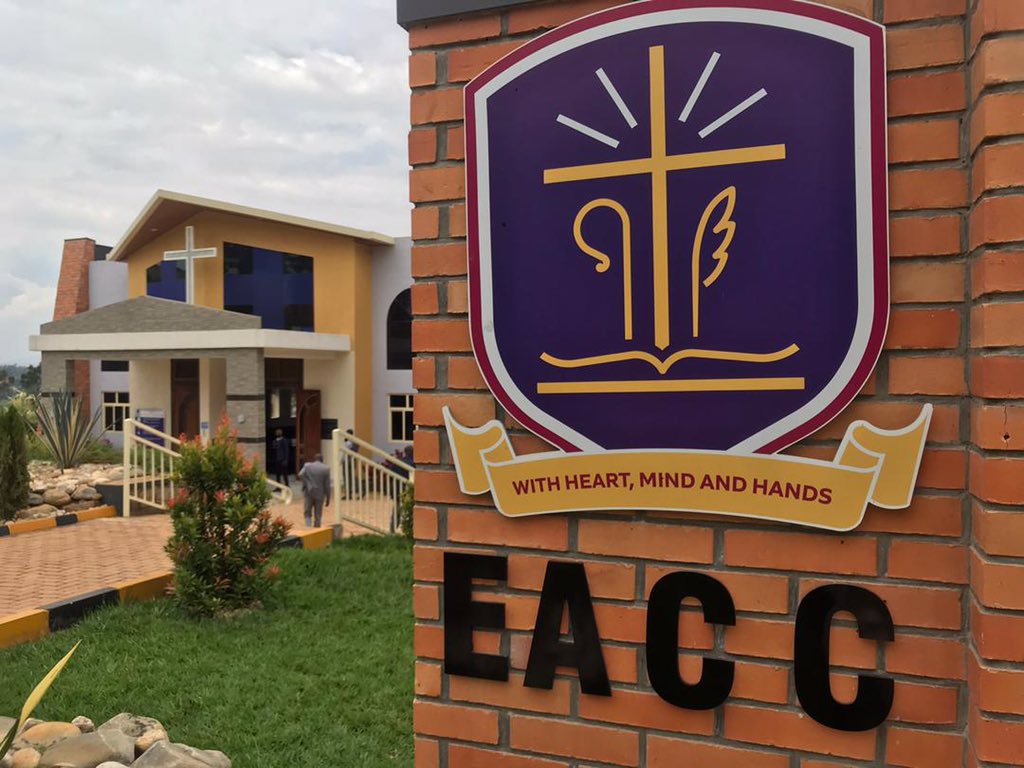
East African Christian College, Rwanda
Church and community initiatives
Thanks to the generous support of online Christian bookseller 10ofThose, we have been able to provide bicycle grants to Morobo Diocese in South Sudan, Masasi Diocese in Tanzania, Word of God Ministries in Malawi, and Renewal Ministry Fellowship in Kenya. As their Charity of the Year, hundreds of bicycles have already been distributed with more to come. APF’s partnership with 10ofThose has also provided two motorbikes to Deeper Life Church in Karagwe, Tanzania to strengthen its rural pastor training programme.
Numerous pastoral grants have been distributed, including support for Faith Babies Home and Love and Care for the Children Kindergarten, both in Uganda. We give thanks for the leadership of Grace Kaziba from Faith Babies Home, who also serves as the Baptist Union of Uganda’s Youth Representative to the All Africa Baptist Alliance. Grace is prayerfully seeking support to attend conferences in the Central African Republic and South Africa later this year, opportunities that will further strengthen her ministry.
In partnership with Operation Agri, the Growing Greener sustainable agriculture project is flourishing in Malawi, together with a compost training programme in Zambia. Rooted in the ministry of local churches, these initiatives not only equip communities with practical agricultural skills but also bear witness to God’s love in action. Since their launch, thousands of people have been empowered to improve their livelihoods, with local African churches at the heart of this transformative work.

Sustainable agriculture training in Zambia
Informal formational training
Our Africa Training Partners have been busy delivering in-service training workshops across the continent. These workshops introduce new groups to eVitabu, using the app’s resources to encourage and equip church leaders and their churches. This year, we’ve funded training workshops in Burundi, Kenya, Rwanda, South Sudan, Tanzania, Uganda, and Zambia.
We’re also excited to announce a new partnership with Oasis International. Together, we have secured a consignment of Africa Study Bibles for distribution in Uganda by our training partners, Revd Peter and Dr Rose Mugabi (pictured). Our long-term goal is to offer the Africa Study Bible in a digital format within eVitabu, making it even more accessible.
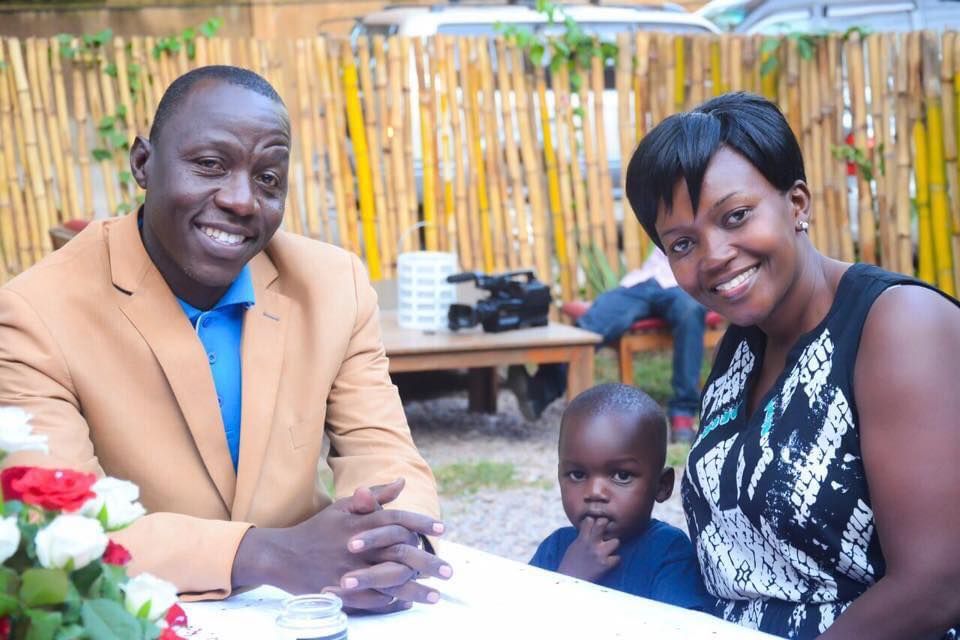
Peter and Rose Mugabi
Golf team visits Uganda
Back in late September, a team of eight APF supporters headed to Uganda to visit projects, meet Africa Training Partners, spend time with local communities – and even squeeze in a few rounds of golf! The trip was a wonderful mix of fun and fellowship, while also raising vital funds for APF and giving supporters the chance to see the amazing impact of our partners’ work firsthand. Off the back of such a great experience, we’re looking forward to planning more cross-cultural engagement tours in 2026 and beyond. If you’d like to find out more or even join a future team, email Dave here.
